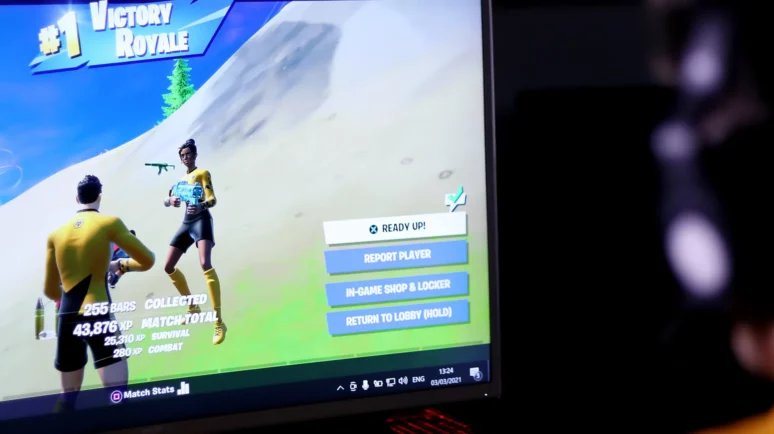DePIN is Now Crypto’s Favorite Buzzword – Goodbye Metaverse?

DePINs are all the rage at the moment. Image by Conny Schneider on Unsplash.
Key Takeaways
- Decentralized Physical Infrastructure Networks (DePINs) are all the rage.
- While the concept is relatively new, the technology it describes has been growing for years.
- Meanwhile, the metaverse increasingly looks like yesterday’s buzzword.
Anyone who’s been paying attention will know the cryptoverse has a new trendy buzzword. DePIN, which stands for Decentralized Physical Infrastructure Network, looks like its taking over
While it isn’t clear who first coined the term, Google data shows searches for DePIN have exploded since November. In contrast, searches for Metaverse peaked in 2021, and have declined ever since. But what does evolving public interest in the concepts say about the trends they describe?
What is DePIN?
Although the popularity of DePIN as an acronym is relatively recent, some of the technology commonly associated with the term have been around for a few years.
For instance, InterPlanetary File System (IPFS) came out in 2015. The protocol created an encrypted decentralized network similar to blockchain networks. But unlike Bitcoin, which is focused on storing abstract value, IPFS can host any data that can be represented as a digital file. This means, therefore, that it could potentially replace centralized servers in a variety of settings.
The Next Stage of Decentralized Computing
Where IPFS decentralized read-only memory, in the years since, DePIN projects have turned to other tasks that would otherwise need dedicated hardware.
Aethir, for example, is building a decentralized GPU network that could serve as an alternative to the cloud data centers that currently dominate the market.
Aethir CEO Mark Rydon told CCN that, currently, “it’s quite difficult for the companies and projects to access GPU compute. That’s really slowing things down, particularly in the AI space.”
He added that decentralized networks “have the potential to solve this issue […] by surfacing compute from various different owners in a really scalable, accessible format,” he added.
Other DePin projects are even more ambitious.
DePIN for Any Device
With a mainnet that launched in 2023, Minima is a lightweight blockchain which claims that even small devices can run a node.
As co-founder Hugo Feiler explained, Minima provides device-native infrastructure for everyday applications. Potential use cases span any situation where internet-connected devices need to securely exchange data or value.
He said: “One of the projects we’re working on with a [mobile network operator] at the moment is the ability to allow people to rent out their smartphone hotspots.”
The concept is similar to the decentralized wireless internet network Helium. However, because Minima nodes can run on ordinary smartphones, there is no need for dedicated hardware to connect to the network and start monetizing spare bandwidth.
How Concepts Track Trends
Minima has been in development since 2018. The blockchain now has between 5,000 and 50,000 nodes in operation at any given time. Meanwhile, in January, the development team switched off their own centrally administered nodes for good.
The DePIN revolution has been brewing for some time. But it is only now garnering attention as a holistic field of research and development.
On the other hand, public interest in metaverse technologies has dwindled since 2021, when it felt like everyone was jumping on the bandwagon.

In one respect, this simply reflects the fickle nature of the public imagination, which must constantly be fed new ideas as the novelty of old ones begins to wear off.
However, just as metaverse headlines have largely dried up in recent times, many companies that rushed to get in on the action have pulled back.
After Mark Zuckerberg made a hard pivot into the metaverse in 2021, going as far as changing his company’s name to reflect “the future of the internet”, even Meta has quietly dialed back its ambitions in the space.
Lessons From the Metaverse
Of course, declining interest in the metaverse isn’t unique to the crypto sector. Almost everyone got bored eventually. Nonetheless, platforms like Decentraland defined a certain era of blockchain technology, when its capacity for social reorganization felt like its most radical potential.
Now, things have changed. In 2021, decentralized metaverses were the next big thing. Perhaps they still are.
But DePIN proposes a different take on decentralized technology, firmly rooted in existing challenges and real-world applications.



